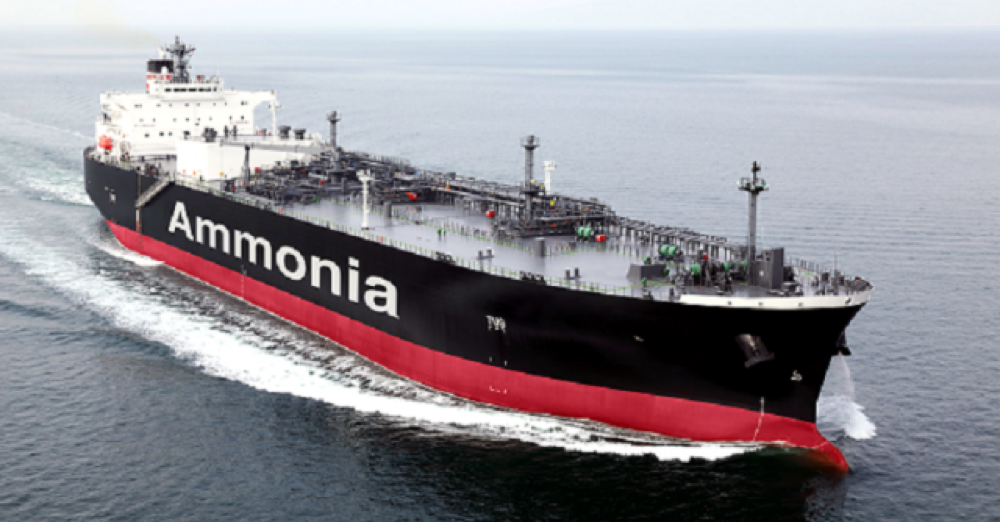Abstract
Rome, 21 December 2022
This article reviews the recent EU regulatory actions that directly and significantly affect the maritime transport and port sector. In particular, the author comments on the two recent proposals for regulations (part of the so-called EU «Fit for 55» climate package), respectively the FuelEu Maritime, on the use of renewable and low-carbon fuels in maritime transport, and the AFIR, on deployment of alternative fuel infrastructure. These proposals are part of a regulatory process started by the EU a few years ago, aimed at making maritime transport increasingly green, through, in particular, regulation of the entire life cycle of ships (Regulation EU No.1257/2013) and channeling private and public...
investments in this sector (in particular under the National Recovery and Resilience Plan) towards activities and goods that are eco-sustainable (Regulation Eu 2020/852 on the so-called «taxonomy»).
The article also reviews the impact of this future legislation on third-country ships calling at EU ports and on the regime of controls/inspections by the Maritime Authorities of the EU Member States to ensure compliance, also taking into account the recent positions by the Court of Justice of the EU in the Italian Sea Watch case, in relation to the interpretation of Directive 2009/16/EC on Port State Control. In any case, the risk of delocalization of maritime traffic outside the EU, could be avoided through the complete alignment of European regulation with that of the IMO, as recommended by European shipowners’ associations. It goes in this direction the recent approval in the IMO (MEPC 79) of a sulphur oxides emission control area for the entire Mediterranean Sea, supported by the EU, which will affect maritime traffic in that sea, whose ecosystem is under increasing threat.



